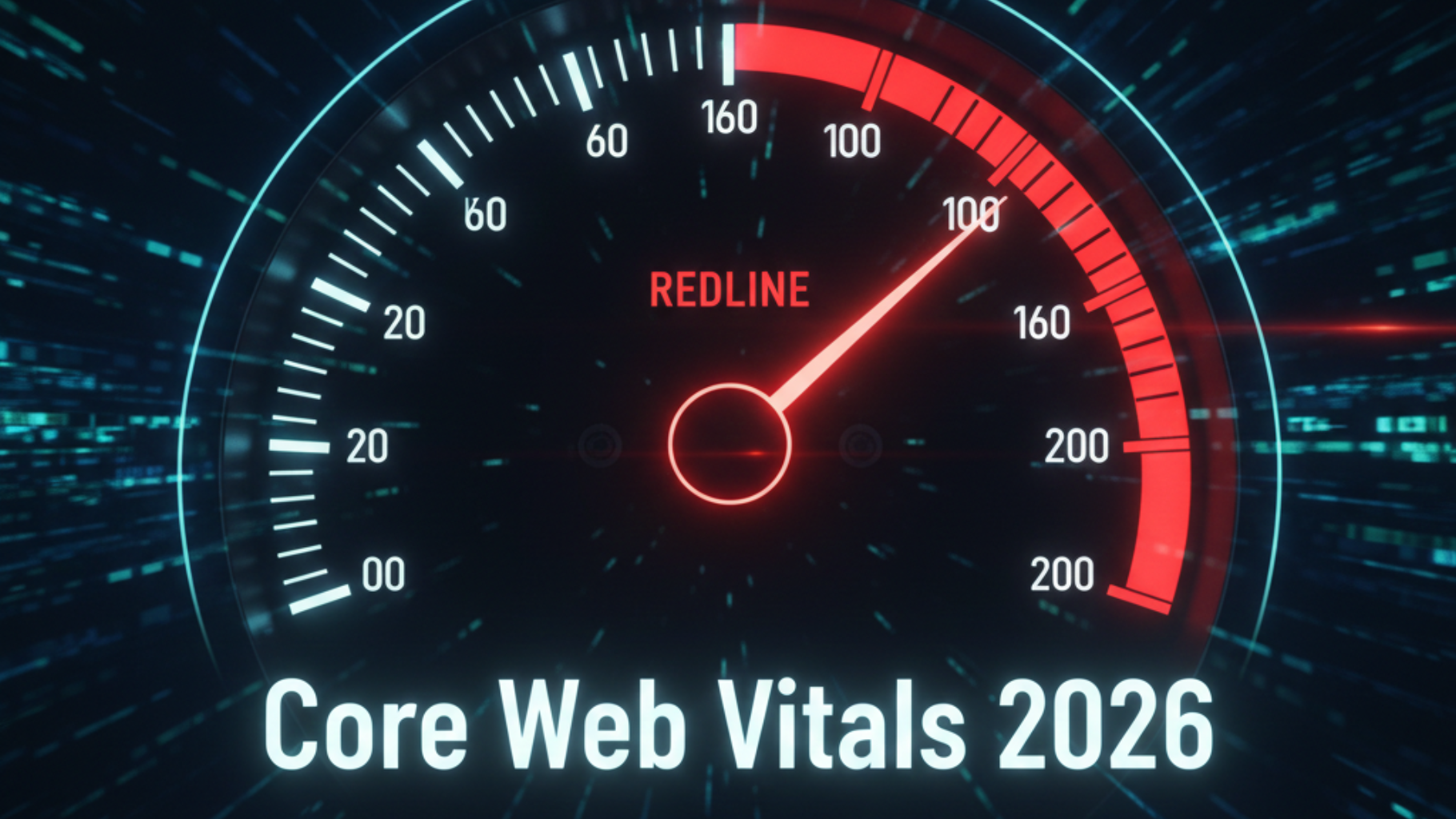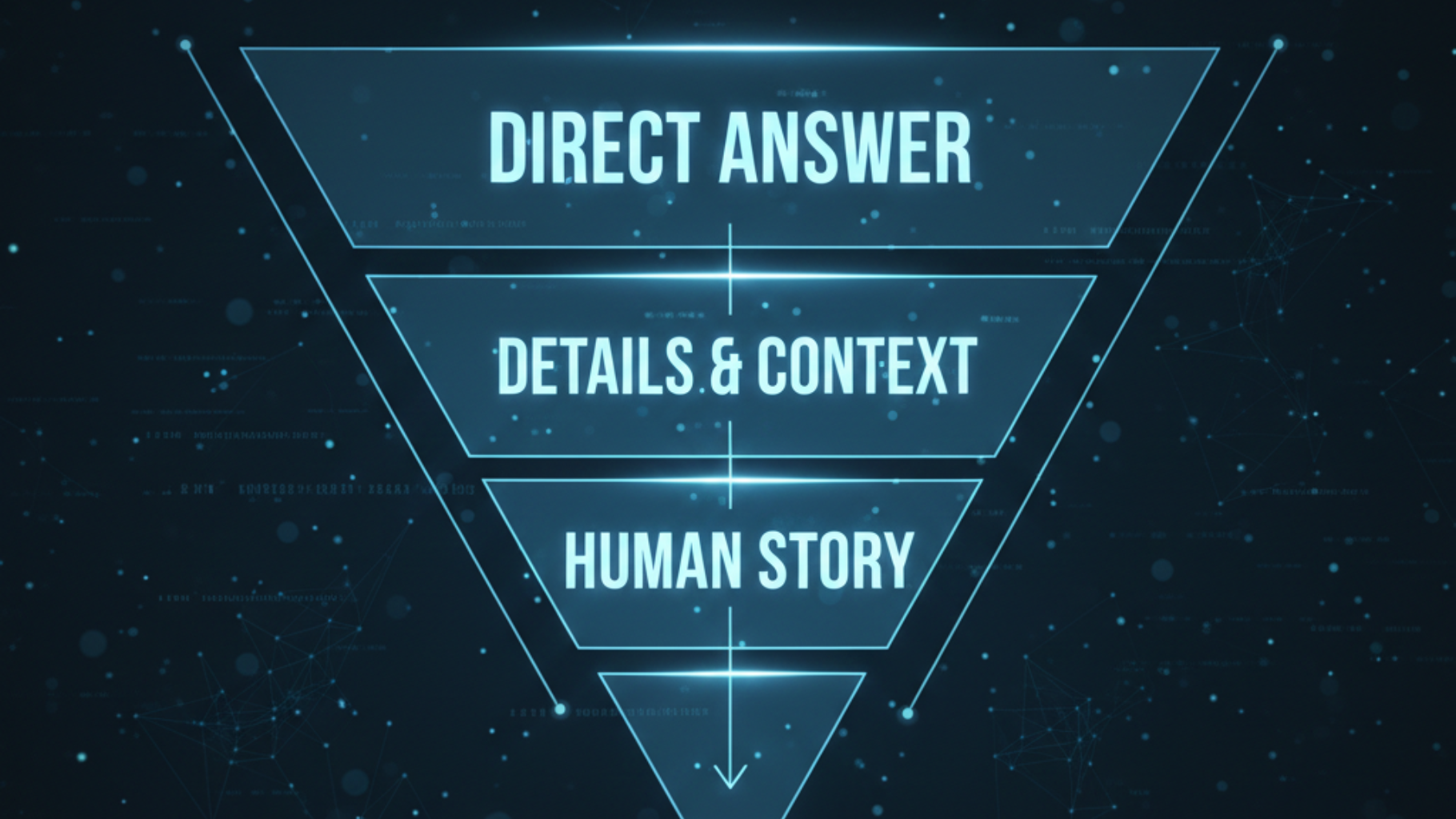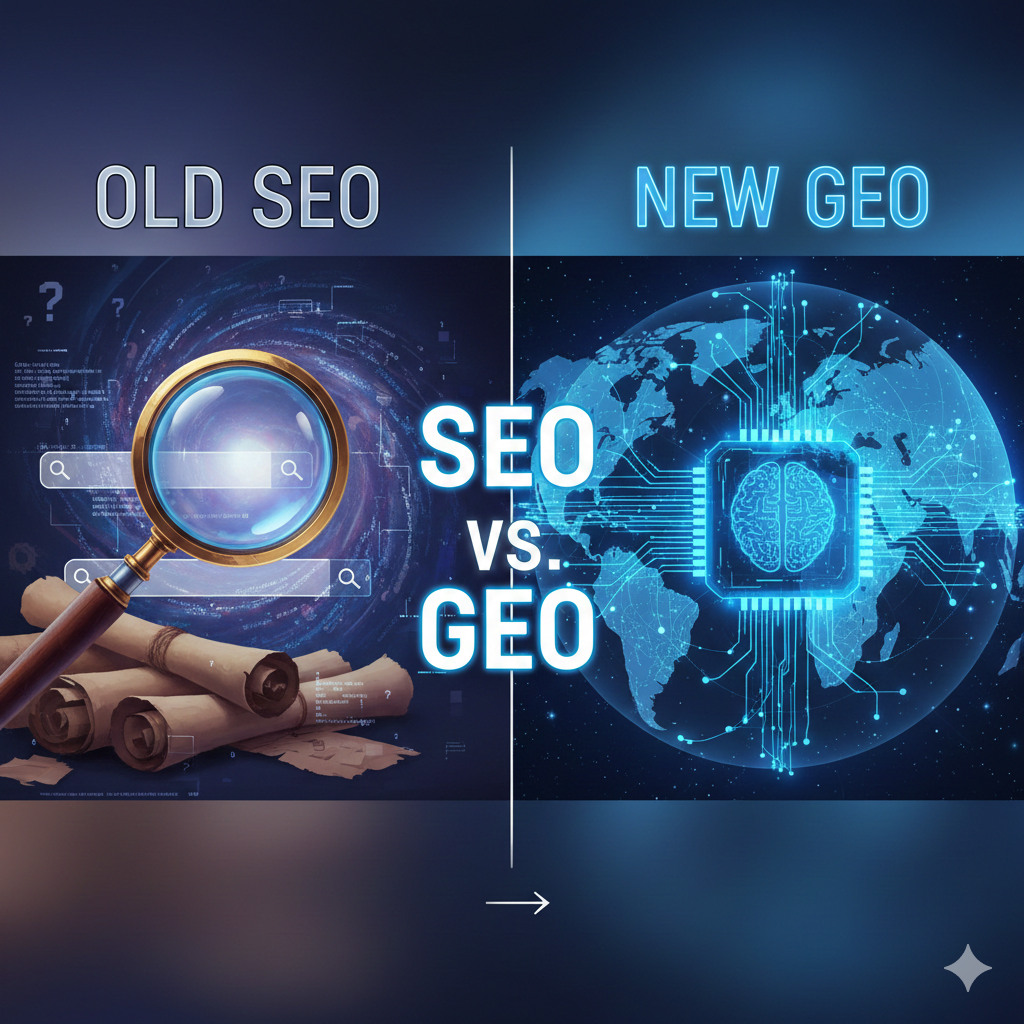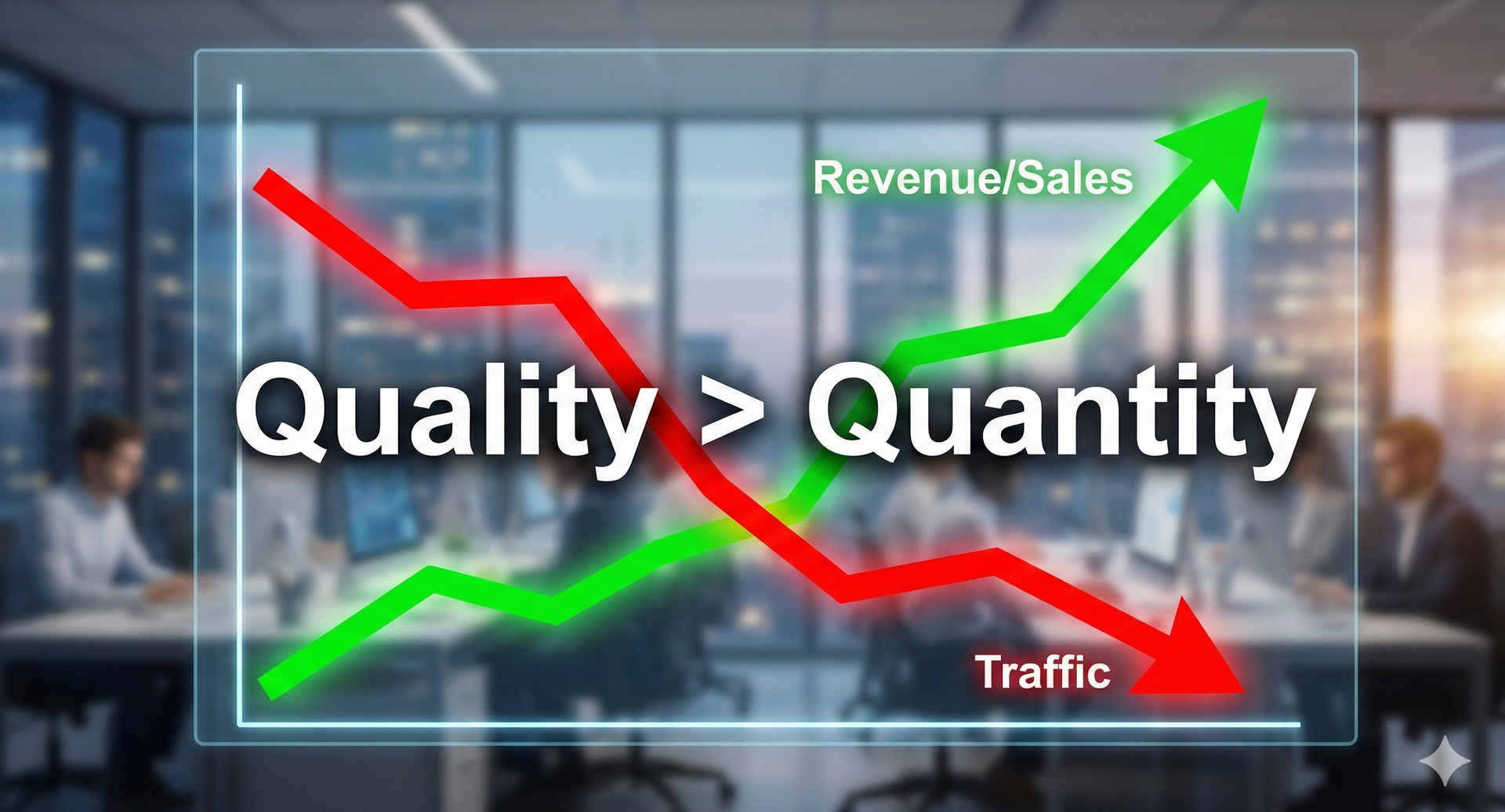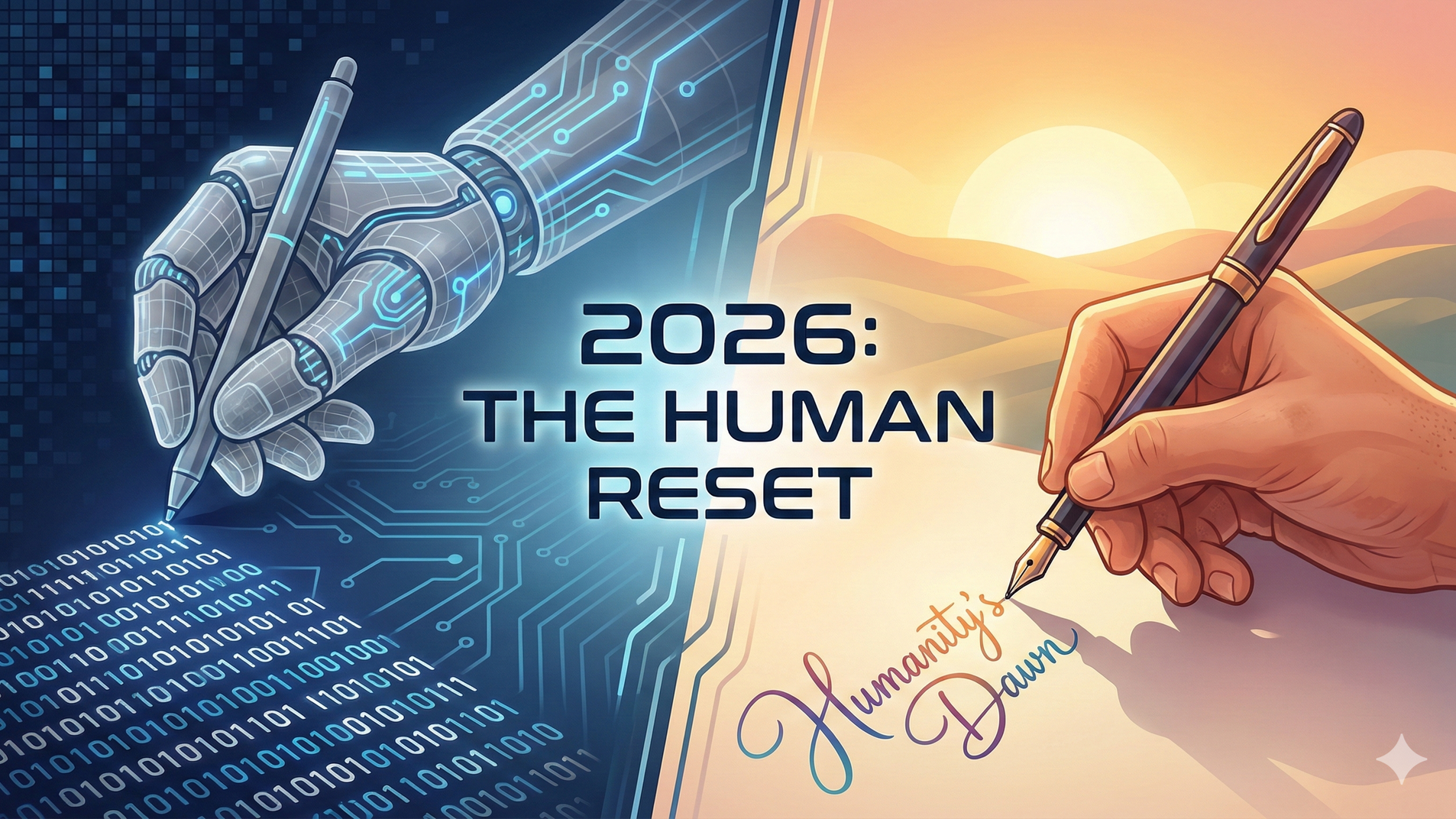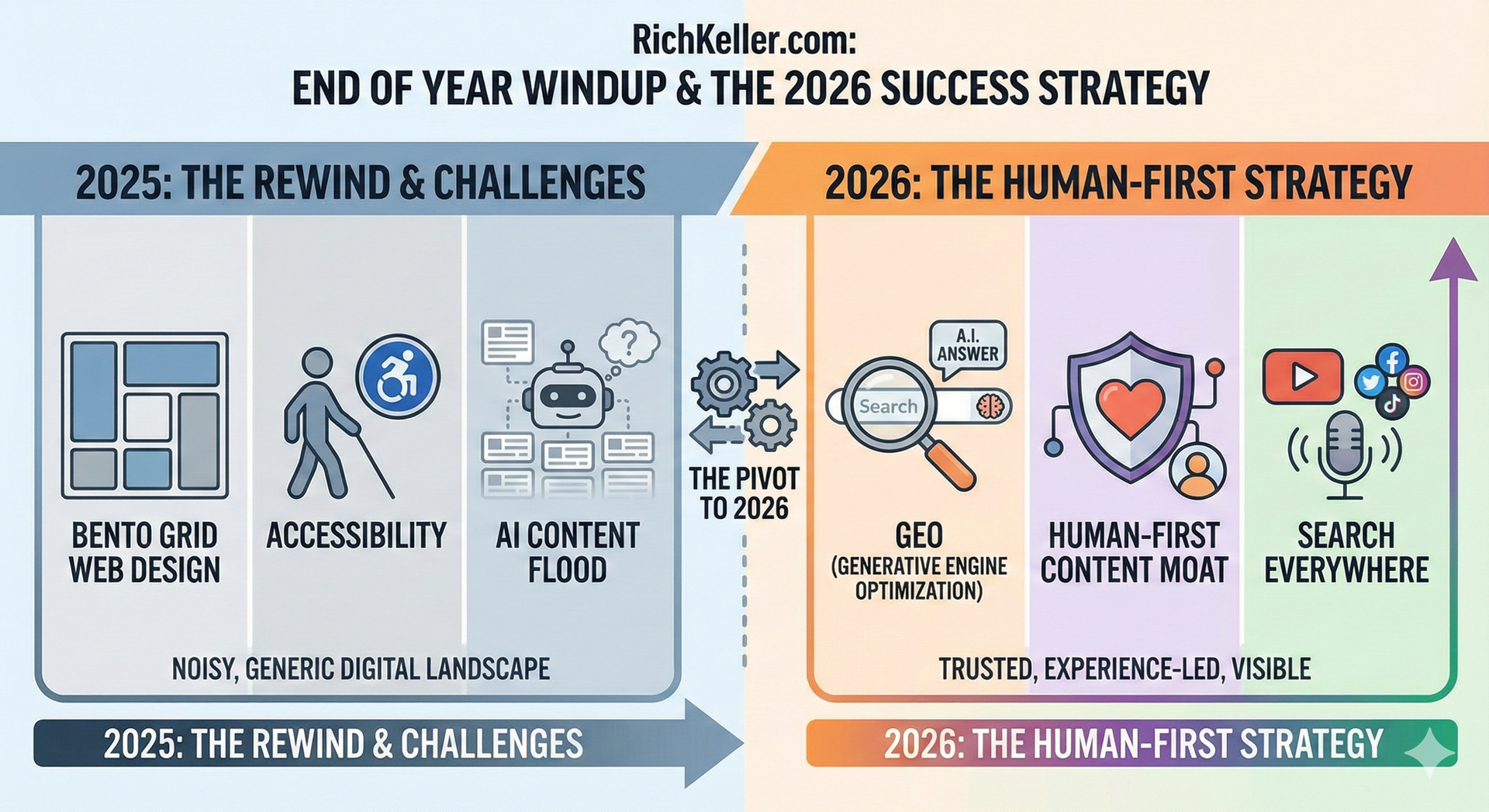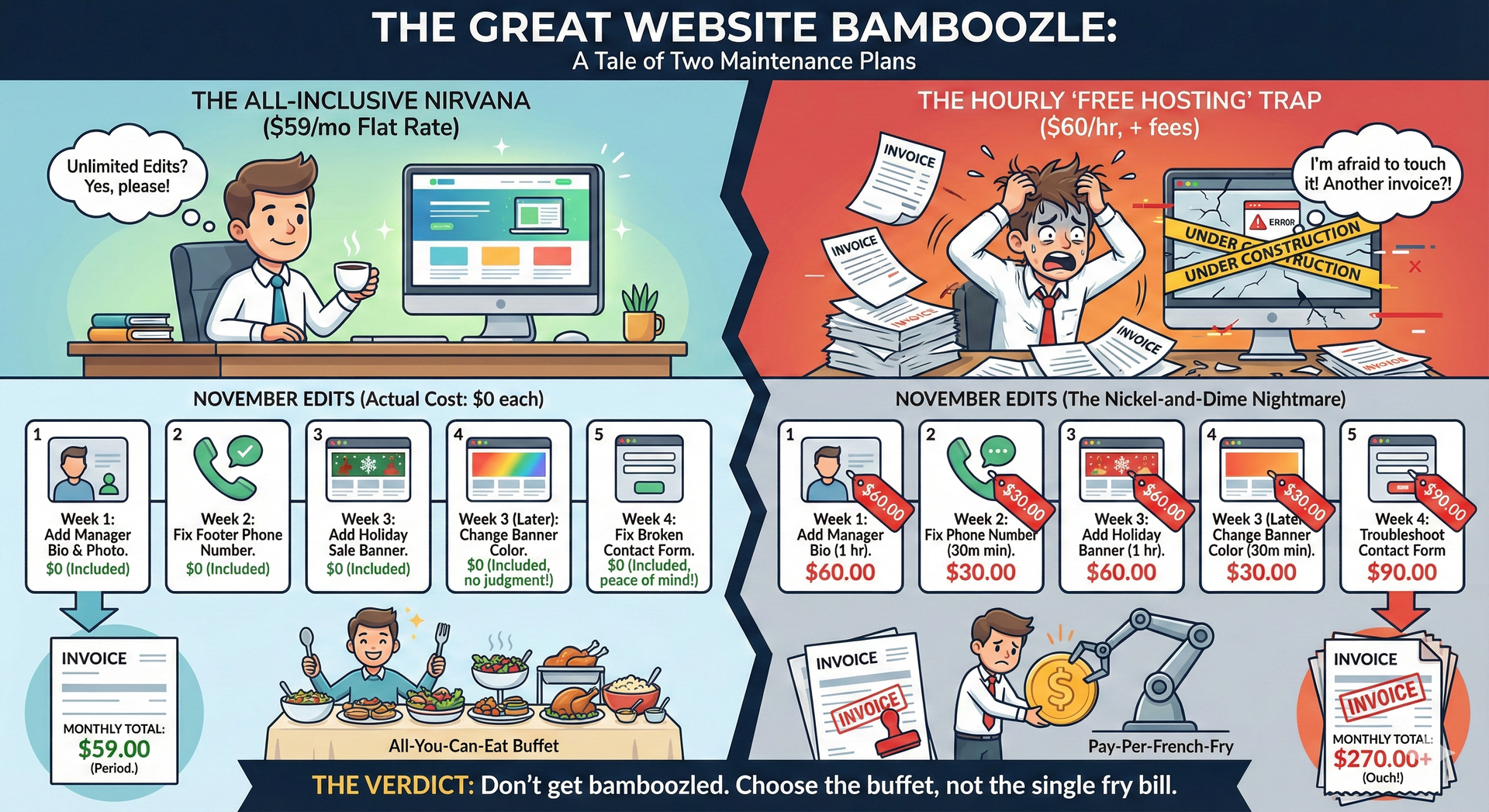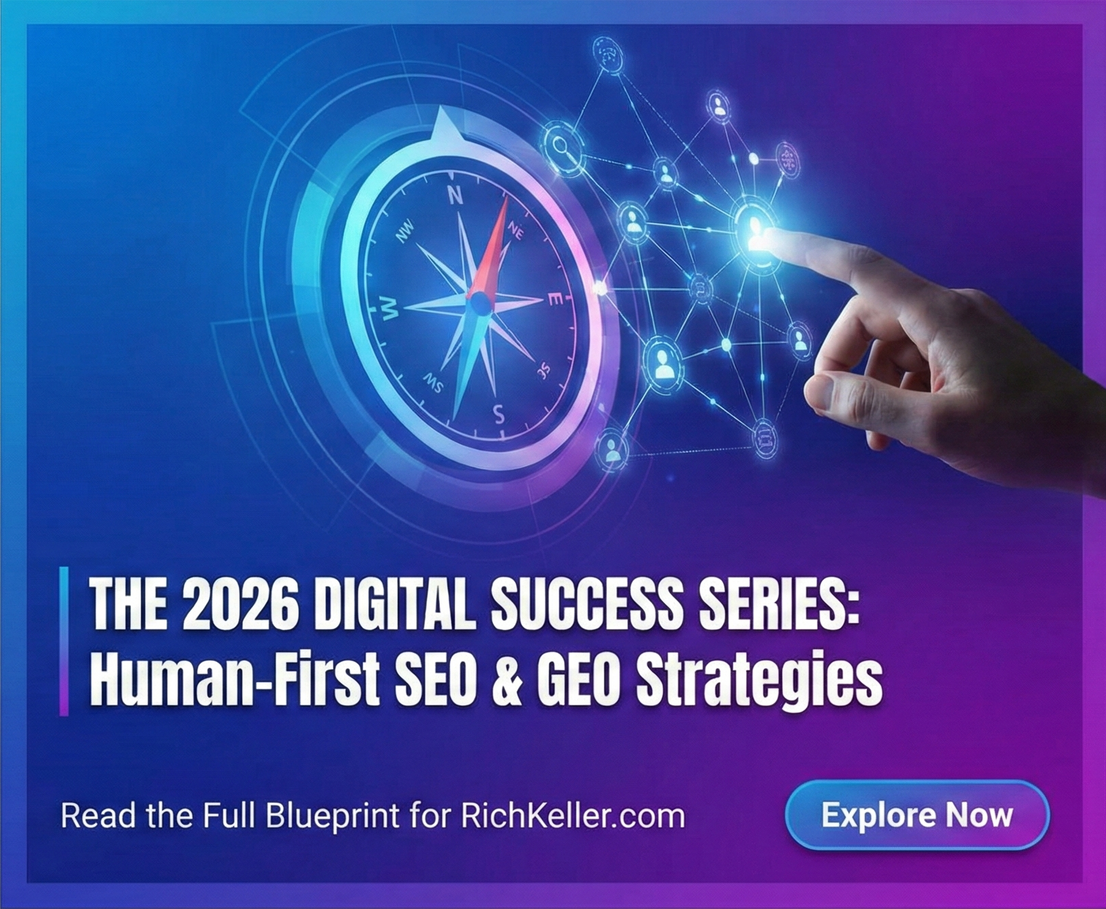(The Serious, But Hilarious, Truth)

Let's be real. You've heard the acronym: SEO. It sounds important. It sounds techy. It sounds like something your eccentric uncle does in his garage while wearing a tinfoil hat.Well, buckle up, buttercup, because it's time for the slightly-less-scary truth.
🧐 What in the World is SEO?
SEO stands for Search Engine Optimization.
In plain English? It’s the elaborate, slightly neurotic process of trying to convince a machine (like Google) that your website is the most trustworthy, relevant, and overall best source of information on a given topic, so it should be shown near the top of the search results.
Think of it this way:
Your Website is a fabulous, but terribly shy, party guest.
Google is the bouncer for the biggest, most exclusive club in town (The First Page).
SEO is your website’s wingman/personal stylist/hype-person, whose job is to make sure your website looks sharp, knows the right people, and has a compelling story to tell so the bouncer lets it in—and puts it front and center.
And the best part? It's all about getting that glorious, sweet, unpaid traffic. We call that "organic" traffic because it grows naturally... like a perfectly manicured digital lawn.
🤖 How Does SEO Actually Work? (Spoiler: It’s a Three-Act Play)
Google isn't sitting in a dark room reading your blog post and grading it with a red pen. It uses highly sophisticated, constantly evolving programs (sometimes called "crawlers" or "spiders"—yes, really) that do three main things:
Act 1: Crawling (The Scavenger Hunt)
The Google Spiders are constantly exploring the web, following links from page to page like a digital breadcrumb trail. They are literally "crawling" your site, looking for new pages and updates.
The Funny Bit: If your website has broken links or is structured like an Escher painting, the spiders get confused and go home. That's why Technical SEO is crucial. It’s like making sure all the doors in your house actually open and the floorplan makes sense for the spider-bot trying to find the good snacks.
Act 2: Indexing (The Library Card)
If a page passes the initial inspection, Google adds it to its massive digital library, called the Index. This is where all the web pages Google knows about are stored and categorized.
The Serious Bit: Just because a page is crawled doesn't mean it's indexed. Google needs to deem it worthy. If your content is duplicate, low-quality, or just plain weird, it gets tossed out. Think of the Index as a very snobby book club.
Act 3: Ranking (The Thunderdome)
When a person searches for "best cat video of all time," Google's ultra-secret, multi-factor algorithm instantly sifts through the Index and decides which pages are the absolute best match. This is the "ranking."
What makes a page "The Best"? It's a mix of a few serious, non-funny things:
- Relevance (On-Page SEO): Did you use the searcher's words (keywords) in your content, titles, and headings? Does your page actually answer the user's question, or are you just trying to sell them a used unicycle?
- Authority (Off-Page SEO): Are other respectable, high-traffic websites (not your mom's blog) linking to your page? These backlinks are like votes of confidence, telling Google, "Hey, this site knows what's up!"
- User Experience (Technical/UX SEO): Is your page fast? Does it look good on a phone? Is the text readable? If your site loads slower than dial-up in 1998, Google will kindly shove you to the back.
🥳 The Takeaway
SEO isn't a one-time trick. It's an ongoing commitment to being the most helpful thing on the internet for your target audience. It's about combining great, user-focused content with a technically sound, fast website, and earning the trust of other websites.
In short: Write for humans, optimize for robots.
Now go forth and be found!
Cost-Effective Turnkey Solutions at Just $99/month.
Transform your online presence with Rich Keller.
Starting at $99/month, you receive:
- Professional Website
- AI Tools for Writing
- SEO Optimization
- Digital Marketing Services
- Unlimited edits.


